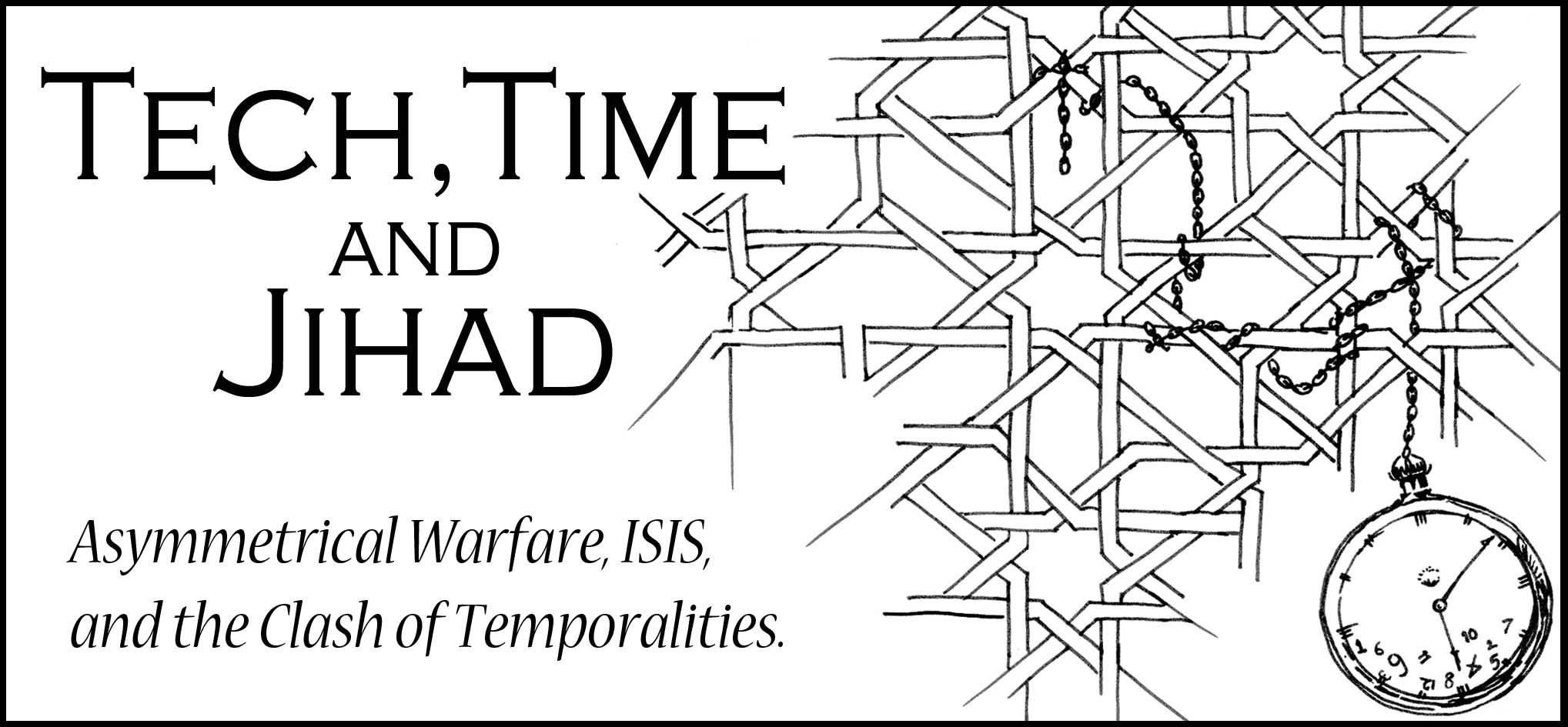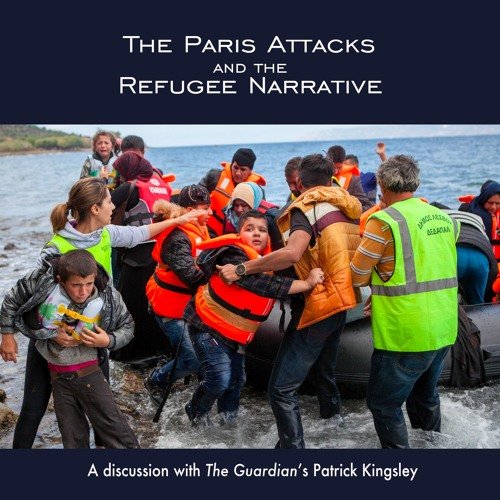On December 28th, 2015, when the Iraqi army felt confident enough of the military situation around Ramadi, the capital of Anbar province, it invited the world’s media to witness the raising of the national flag atop a central administration building. For the Iraqi government, the ejection of ISIS jihadists from …
Read More »World Affairs
PODCAST | ISIS, Revolutionary Romance and the Seduction of Social Media
In the 1960s, marginalized and disenchanted by the social order, veteran journalist Abdallah Schleifer joined a rebellious literary movement and became a social revolutionary. Decades later, he reflects on what attracted him to the far left movement. In this excerpt from a longer conversation, Schleifer unpacks what draws marginalized youth to ISIS, articulating that just like the social revolutionary movements of the ’60s, the appeal of ISIS is not ideological, but rather existential.
Read More »PODCAST | The Paris Attacks and the Refugee Narrative
With the tragic attacks in Paris last week, the emerging discourse has inevitably connected this atrocity to the migration crisis, particularly the influx of Syrian refugees into Europe. The closing of borders, and the decision to further restrict the flow of refugees by several Western countries has further escalated the already contentious debate about how best to handle this crisis. In light of this, we speak with The Guardian correspondent Patrick Kingsley about the media narrative around the crisis.
Read More »Covering Al Qaeda: Unpublished excerpts from our 2003 interview with Yosri Fouda
In the spring of 2002 Al Qaeda selected Yosri Fouda, Al Jazeera’s then London Bureau Chief, to interview two of the most wanted leaders within the organization, Khalid Sheikh Mohammed and Ramzi Bin Al-Shiba. This represented the first public admission that Al Qaeda was in fact responsible for the attacks …
Read More »Book Review | Civil Imagination: A Political Ontology of Photography
In Civil Imagination: A Political Ontology of Photography, Ariella Azoulay interrogates issues of visual culture, in particular photography, the role of spectator-critics, body politics, and citizenship, through the lens of the Palestinian struggle. She argues that the boundaries of the aesthetic, the political, and the civil perpetuate power relations of nation-states and exclusions. Kiranjeet Kaur Dhillon reviews.
Read More »Cloud Computing and the Monolithic Narrativer
Rami Khater discusses the implications of automated translation based on cloud computing and warns that the subaltern’s narrative and voice could be removed from the interpretation of all human history if our collective knowledge passes through the filters of these trained algorithms.
Read More »Storm in a shisha
Some feared the 2008 novel The Jewel of Medina would create the fiercest backlash among Muslims since the Danish cartoon scandal. So why hasn’t it? Shereen El Feki looks at the politics surrounding the book’s publication.
Read More »Beyond Media ‘Dialogues’: Time to put away the champagne flutes
Enough already with the 'media dialogues' between Arab and Western journalists. The fortunes spent on these conferences could be put to much better use in cooperative lessons-learned networks and long-term training programs, argues Publisher and Co-Editor Lawrence Pintak.
Read More »Interview: Sue Phillips on Al Jazeera International’s First Year
October 2007. Speaking to Arab Media & Society’s George Weyman in July 2007, Sue Phillips, London bureau chief for Al Jazeera International, reflects on the network’s first year and the changes and challenges that lie ahead.
Read More »The Alhurra Project: Radio Marti of the Middle East
Larry Register’s forced departure from the US public diplomacy channel marks a low point for American efforts at broadcasting to the Middle East, an entirely predictable debacle which likely puts paid to even the slender hopes that the station might turn itself around argues Editorial Board Member Marc Lynch.
Read More » Arab Media & Society The Arab Media Hub
Arab Media & Society The Arab Media Hub









